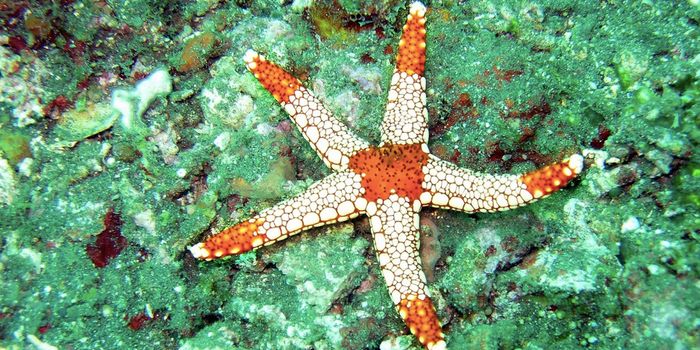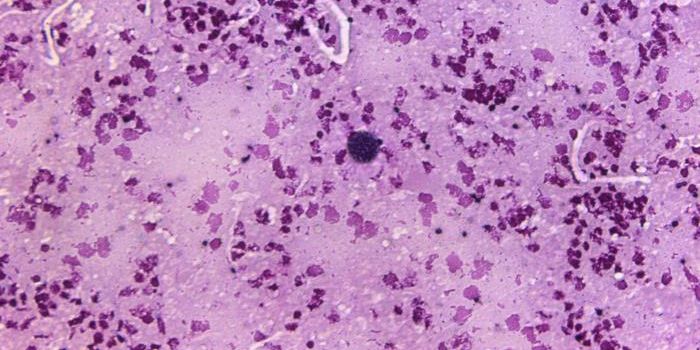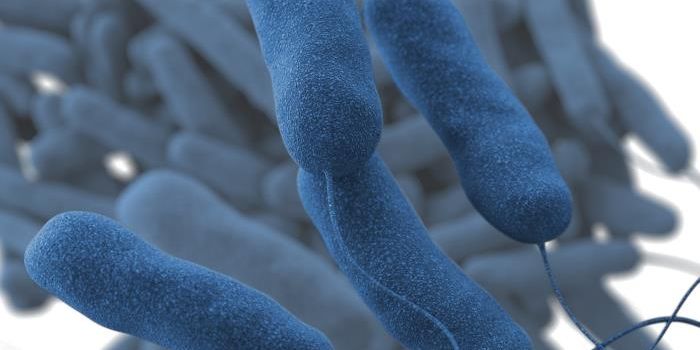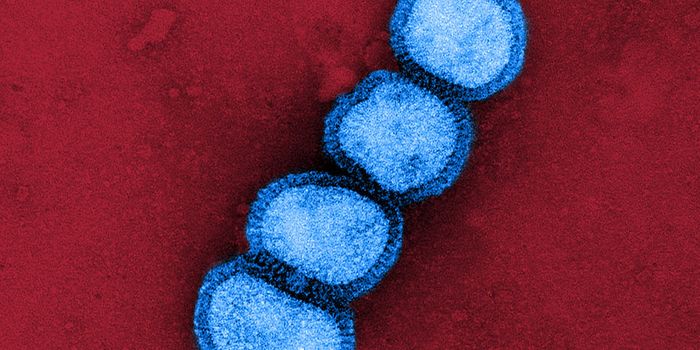Videos
Thousands Of Species Found In Lake Under Antarctic Ice
SEP 02, 2014 12:00 AM PDT
Share
Listen to Your Gut: It
 The bacteria in our bodies outnumber our own cells by about 100 times. So, who's in charge? Sometimes it's all about the bacteria and what's best for them. Researchers from the University of New Mexico, the University of California, San Francisco (UCSF), and Arizona State University worked together to review recent scientific literature to see how the bacteria in our digestive systems (the gut microbiome) influence our diets.
The bacteria in our bodies outnumber our own cells by about 100 times. So, who's in charge? Sometimes it's all about the bacteria and what's best for them. Researchers from the University of New Mexico, the University of California, San Francisco (UCSF), and Arizona State University worked together to review recent scientific literature to see how the bacteria in our digestive systems (the gut microbiome) influence our diets.They found that bacteria are able to influence our diet so that they can thrive, regardless if the choices are good or bad for us. Carlo Maley, PhD, director of the UCSF Center for Evolution and Cancer said, "Bacteria within the gut are manipulative. There is a diversity of interests represented in the microbiome, some aligned with our own dietary goals, and others not."
The study authors think that gut bacteria may influence our eating decisions partly by signaling though the vagus nerve, which connects 100 million nerve cells from the digestive tract to the brain. Different types of bacteria need different nutrients. Some may need fat, while others want sugar. So, it's theorized that if bacteria want more sugar, they produce a chemical that causes us to feel bad until we eat the sugar, and produce others that make us feel good once we ingest it. But it's not the same for everyone because the makeup of gut microbiota differs from person to person, influencing what they want to eat. One study found that people who craved chocolate had different microbial metabolites in their urine, than those who had a "take-it-or-leave-it" attitude toward chocolate, despite eating identical diets.
Another way that gut bacteria can influence eating behavior is through hormones. Microbes produce a variety of neurochemicals that are exact analogs of hormones involved in mood and behavior. Thus, they can change the quantities of the hormones in our bodies involved with appetite regulation and perhaps lead to obesity.
One intriguing result of the study of microbes and diet is that obesity may sometimes be contagious. Microbiota are more similar among family members who live together compared to people who don't live together. So, if the food preferences of one person in the household influence the food consumption of the others in the household, specific gut microbes adapted to that diet would flourish in other household members, too. Therefore, obesity-causing microbes could be transmitted from person to person. Some evidence for this comes from a study that revealed that a person's chance of becoming obese increased by 57% if a friend became obese. This brings up the possibility that food choices that lead to obesity might not be influenced by social norms, but rather be contagious in same way that a cold is!
Interestingly, having a lot of different kinds of bacteria in our guts might help limit their influence on our behavior. In limited-diversity populations one or more species may thrive and lead to an overabundance of specific behavior-altering neurochemicals or hormones. Highly diverse communities will likely contain competing groups whose influences counteract each other. Also, in a diverse environment microbes may expend more resources on competing and cooperating with each other and less on manipulating the host.
So, are we at the mercy of our gut bacteria? No, as it turns out in the end we are in control. We can alter what we eat, making measureable changes in our gut microbiome within 24 hours, quickly improving our health. According to the study authors, this may be accomplished through food and supplement choices, by ingesting specific bacterial species in the form of probiotics, or by killing targeted species with antibiotics. Optimizing the balance of power among bacterial species in our gut might allow us to lead less obese and healthier lives. The study authors wrote, "Because microbiota are easily manipulatable by prebiotics, probiotics, antibiotics, fecal transplants, and dietary changes, altering our microbiota offers a tractable approach to otherwise intractable problems of obesity and unhealthy eating."
Learning more about gut bacteria and how to manipulate them can have far-reaching consequences because of the role they may play in causing cancer and other diseases. "Targeting the microbiome could open up possibilities for preventing a variety of disease from obesity and diabetes to cancers of the gastro-intestinal tract. We are only beginning to scratch the surface of the importance of the microbiome for human health," said study co-author C. Athena Aktipis of UCSF.
You May Also Like
Loading Comments...








